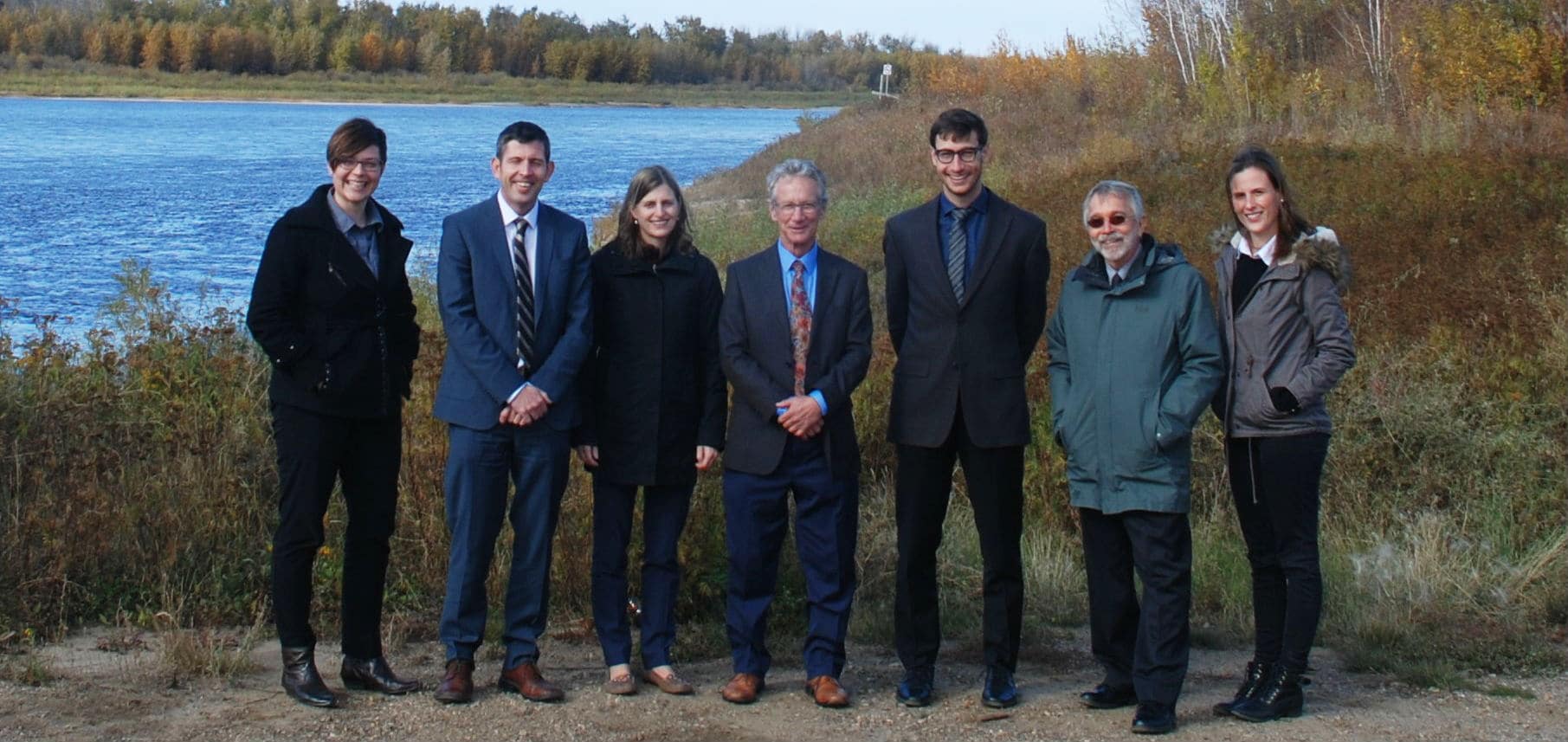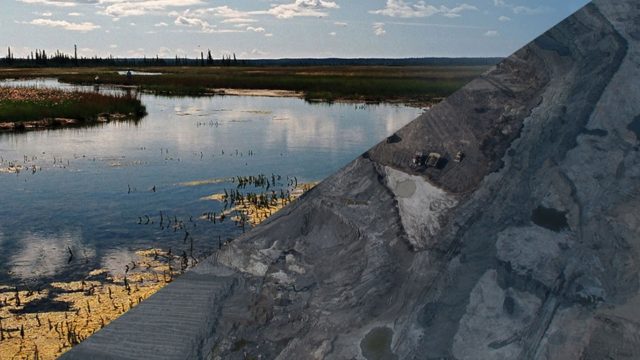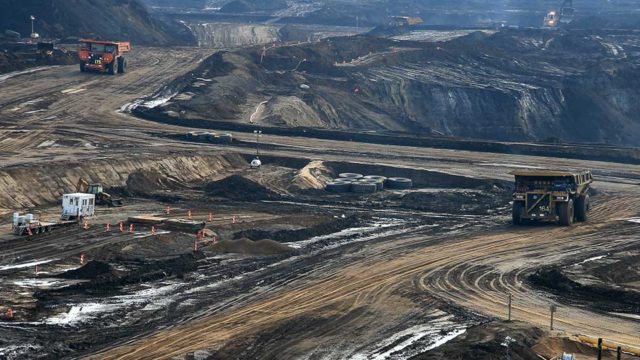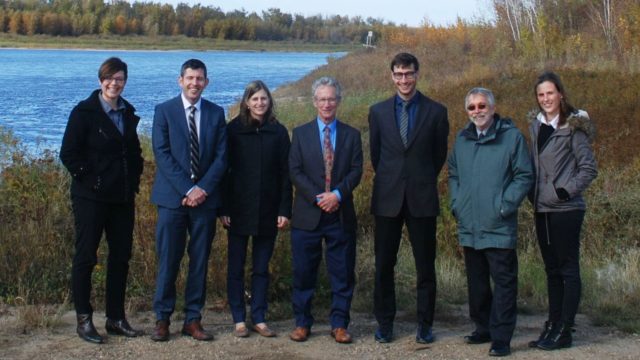If built, Teck Resources Ltd.’s Frontier Oil Sands mine would have been one of the largest oil sands mines ever developed, capable of generating up to 4,000,000 tonnes of carbon emissions per year at peak production.
In 2018, Ecojustice lawyers represented expert witnesses for the Oil Sands Environmental Coalition, also known as OSEC, at a Joint Panel Review hearing on Teck Resource’s Ltd.’s Frontier Oil Sands Mine.
Ecojustice’s clients expressed a number of concerns with the project, including that:
- According to current oil demand, forecasts and trends in technology, the project may not be economically viable during its lifetime.
- The project is a significant financial risk, as the costs of reclamation of this mine could be imposed on Albertans and Canadians if the economics of this mine prove unviable
- The project poses unacceptable risks to boreal caribou and other species, and the government of Alberta does not currently have the tools in place to ensure impacts are managed
In July, the joint panel recommended the federal government approve the project despite these risks.
However, the project faced mounting public pressure in the lead-up to the federal government’s decision and in February 2020, Teck withdrew plans for the project, citing changing markets and the need for clarity on how Canada and Alberta will address resource development, climate change and Indigenous rights.
Ecojustice celebrated this decision as a win, and used it as an opportunity to call for a comprehensive national climate plan.




